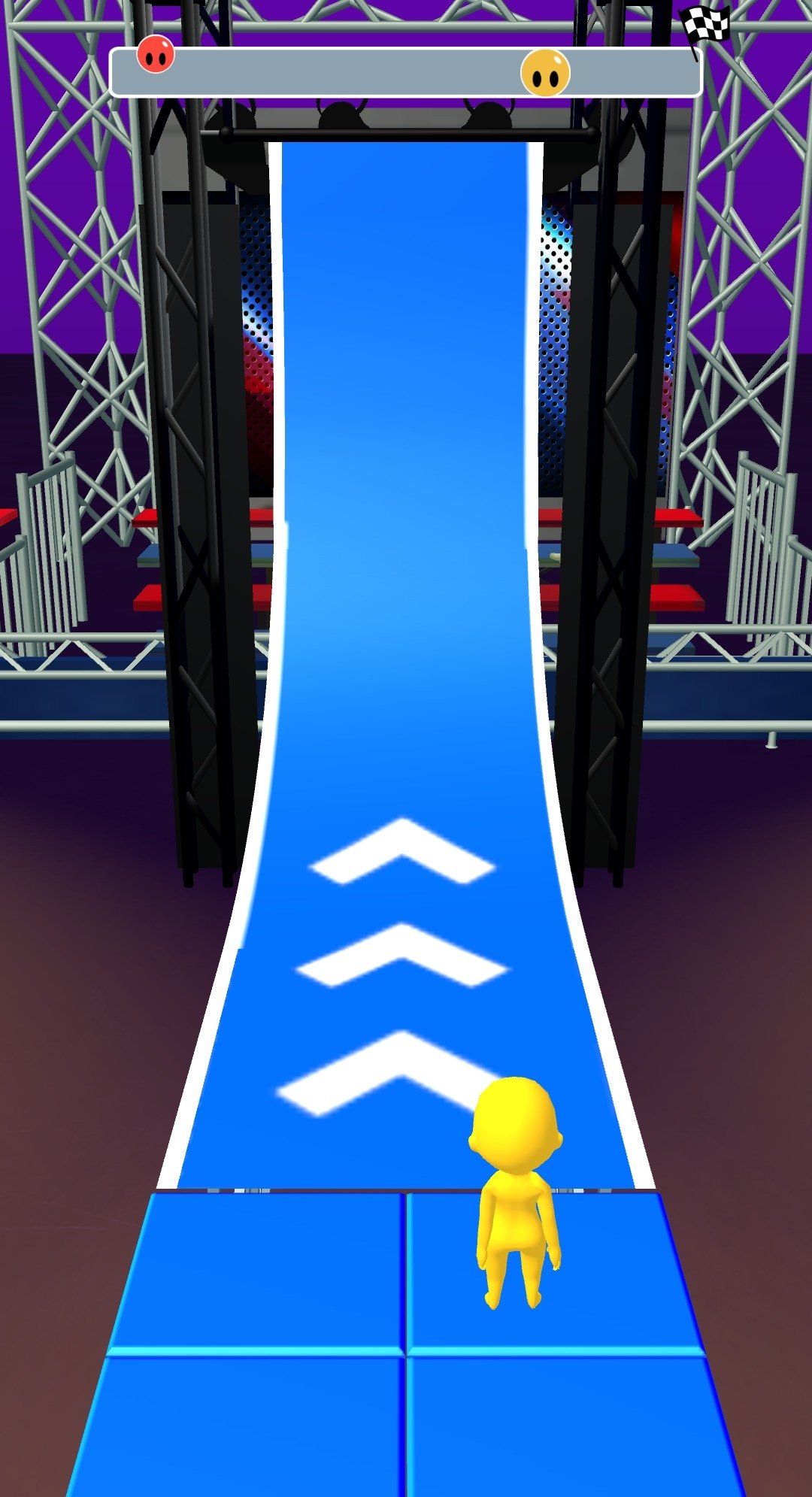


The choice does affect their starting position on the "Play on Earth" map, and thus different resources in one's initial cities, but has no effect on starting position when starting a random world game or a customized world game.

In contrast to later games in the Civilization series, this is largely a cosmetic choice, affecting titles, city names, musical heralds, and color. These threats only come from unclaimed land or sea, so that over time there are fewer and fewer places from which barbarians will emanate.īefore the game begins, the player chooses which historical or current civilization to play. From time to time the player's towns may be harassed by barbarian, units with no specific nationality and no named leader. The game requires a fair amount of micromanagement (although less than any of the simulation games).Along with the larger tasks of exploration, warfare and diplomacy, the player has to make decisions about where to build new cities, which improvements or units to build in each city, which advances in knowledge should be sought (and at what rate), and how to transform the land surrounding the cities for maximum benefit. The player takes on the role of the ruler of a civilization, starting with only one settler unit and one warrior, and attempts to build an empire in competition with one to eleven other civilizations. Civilization is a turn-based single- or multiplayer strategy game.


 0 kommentar(er)
0 kommentar(er)
